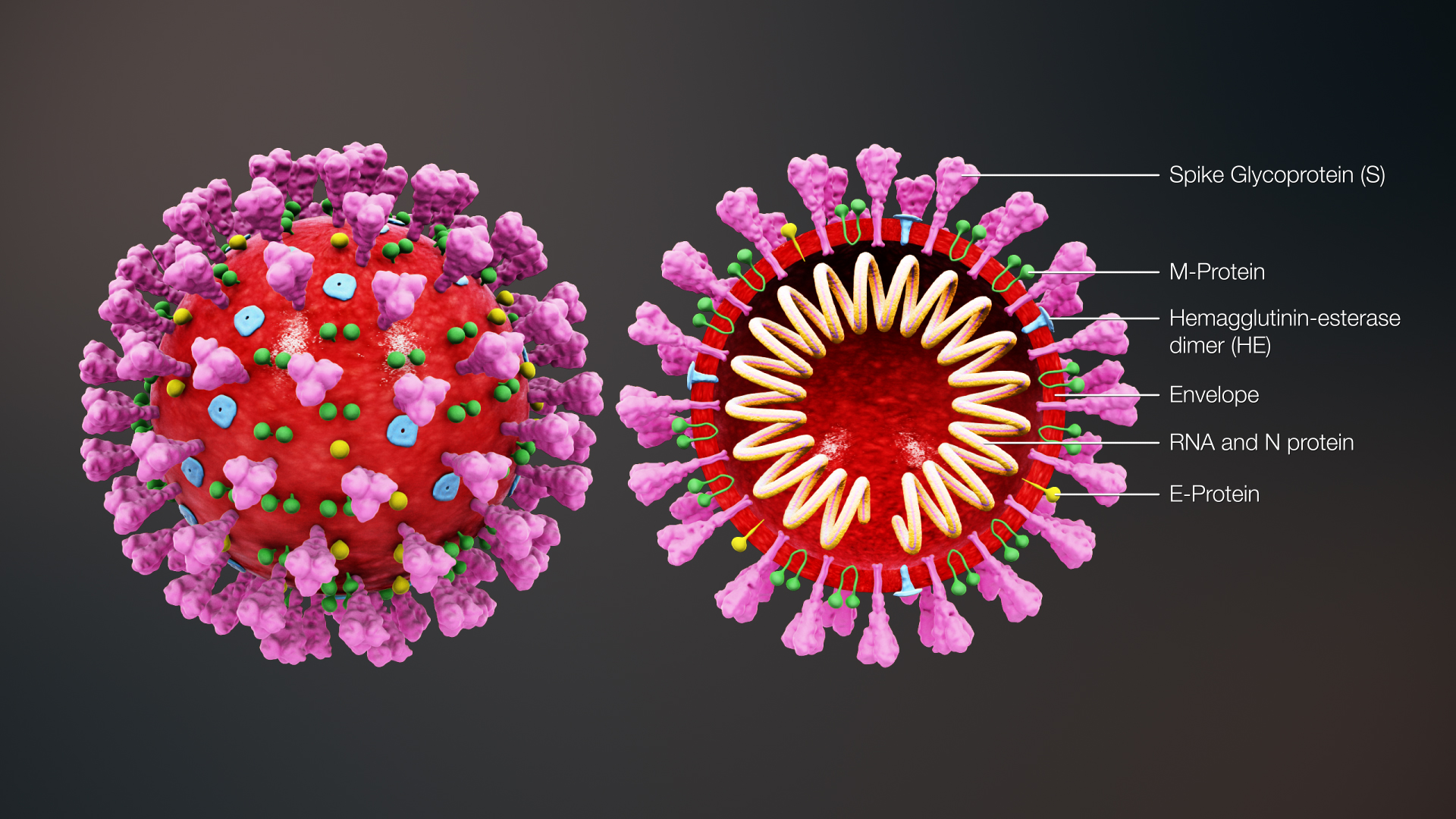The television commercials would have you believing that digestive discomfort is as normal as anything. Heartburn, nausea, indigestion, upset stomach, diarrhea—there is even a jingle to make the thoughts of such unpleasant symptoms not sound so horrible. Jokes about passing gas, having to run to the bathroom after every meal, feeling discomfort day in and out and popping pills so that you can still manage to down your favorite foods, this is the normal day to day for millions of Americans. But it doesn’t have to be that way.
You may not realize how much digestive discomfort you are experiencing until you finally find relief. It is unfortunate but true that digestive pain has been entirely normalized in our culture that there are plenty of people who don’t even realize that they may have a problem.
Here’s the thing: eating isn’t supposed to hurt. Your body requires food to survive, and your body wouldn’t require anything of you that then puts it at risk for illness. Even bloating and fatigue after meals is an unnecessary side effect of not providing your body with the sustenance it needs to thrive. The problem is not coming from the fact that you are eating—it is coming from the fact that you aren’t eating right.
Stop Stressing Your Gut
The leading cause of digestive discomfort comes from chronic damage to the gut. This can be caused by a wide array of reasons, but most commonly due to:
- Nervousness and anxiety
- Food sensitivities
- Genetics
A shortage of good bacteria or physical damage to the intestinal lining can also cause damage to your gut, resulting in discomfort every time you eat.
The first step to improving your digestive health is determining what is causing the problem in the first place. This is something that your functional medicine doctor can help you with. Many people live for years without realizing that a simple food sensitivity is causing them pain, and that by simply changing the types of foods that they eat they can make lasting improvements to their digestive health.
Keeping a food journal and logging your digestive symptoms are great habits to get started with, but if you are looking to improve your digestion, then the best first step to take is to talk to your functional medicine doctor. She can help you make healthy dietary changes and will evaluate your health through a comprehensive physical to determine if you have any additional nutritional needs.







